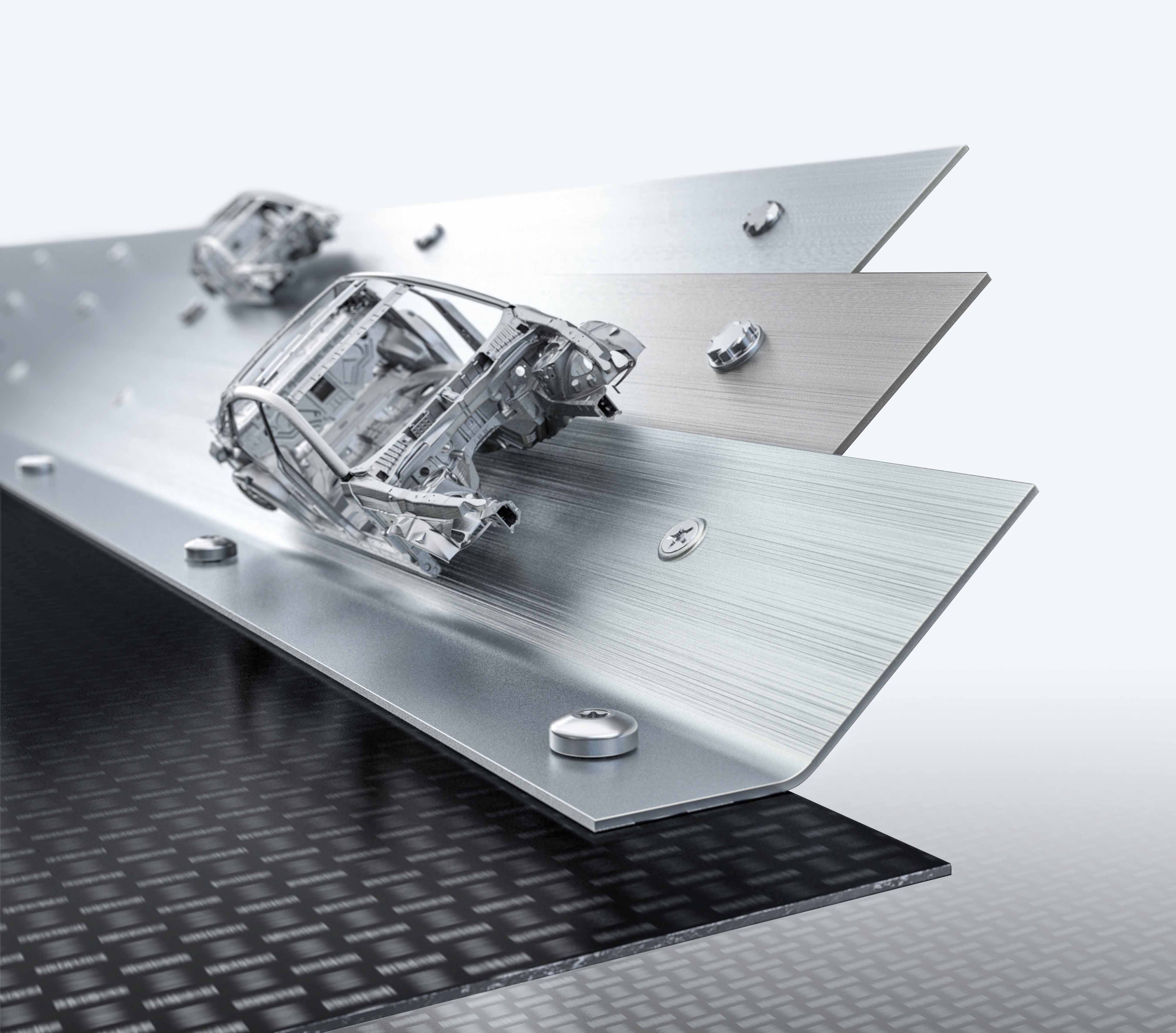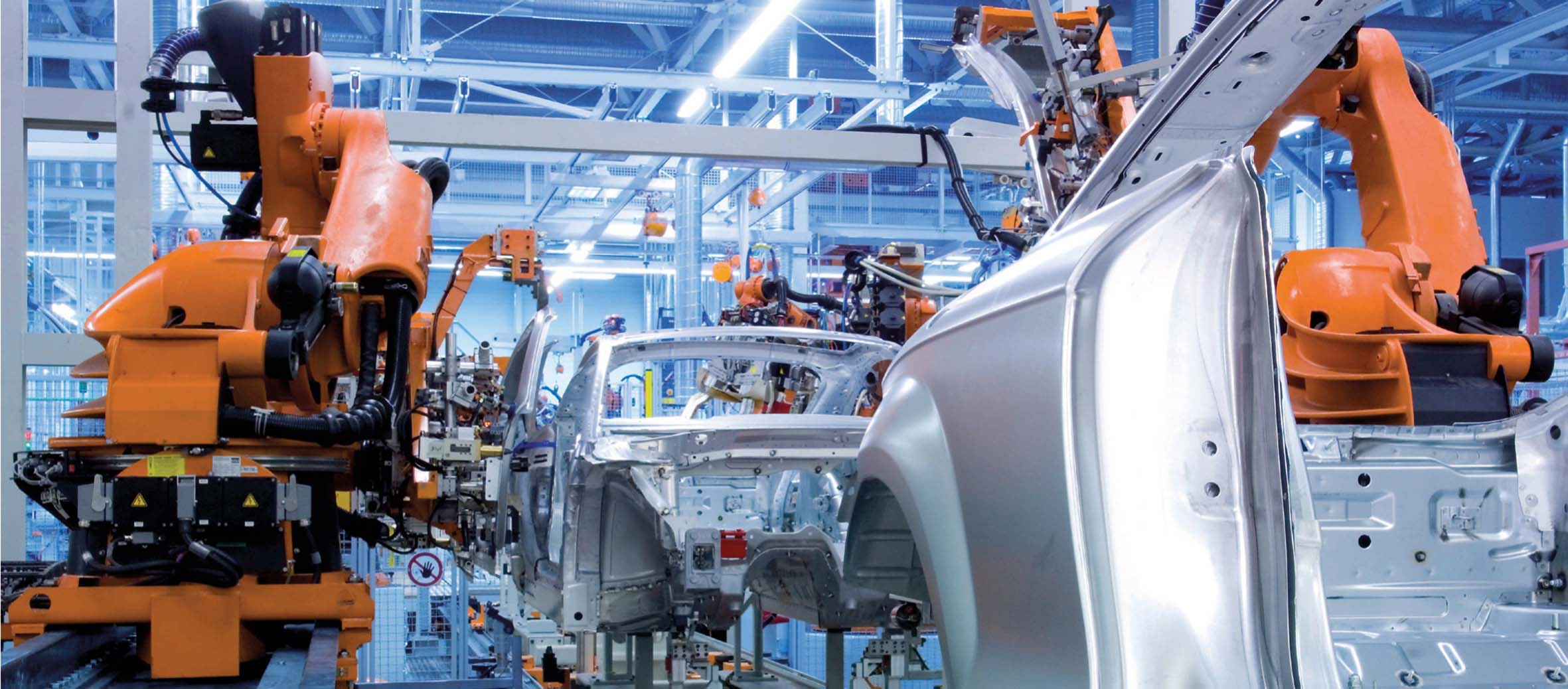
Here, EJOT, a leading supplier of fastening systems to the industrial and manufacturing industries, outlines how it is ideally placed to support engineers in all areas of the rail industry, particularly those working in the train-building sector.
The company’s two technical teams – industrial fasteners and construction fasteners – work closely with UK-based design engineers working on many different types of assemblies to ensure they can realise the full potential of its advanced fastening solutions. EJOT’s innovations can transform industry methods, as was demonstrated in the 1970s, when its PT screw became the industry-wide ‘Hoover’ thread-forming screw, pioneering the wide scale use of thermoplastics in vehicle manufacturing and these materials are the norm today. 
The story of EJOT PT is an example of how fastening technology drives change. It also illustrates how EJOT has the potential to help the rail industry achieve its goals, principally to improve sustainability by being able to build lighter weight, stronger trains.
The EJOT UK team can support rail engineers to utilise innovative materials for assemblies during the fit-out of carriages or more structural applications as part of the construction of the underframe, sides, ends and roofs.
Creating strong welded joints in thin sheets
One EJOT technology with great potential for train builders is EJOWELD®, which has already been deployed by several automotive manufacturers to achieve lightweighting goals. EJOWELD® is an innovative friction weld system that was developed in conjunction with a premium German vehicle manufacturer. Suitable for robots and autonomous processes, it is a thermomechanical process where energy is generated through rotatory friction between an element and the base plate. This process results in a high strength connection due to a combination of form-fit, force closure and adhesive bond.
Unlocking the potential for composites
Another example of an EJOT fastening solution that enables secure attachments to be achieved in very light materials is the TSSD (Thermischer Stoff-Schluss-Dom). This “thermal adhesive bonding boss” is a 9mm diameter fibreglass reinforced thermoplastic polymer boss, which is installed at a certain rotational speed to generate heat, creating a bond and axial load. Once inserted, the TSSD boss can then be used in conjunction with EJOT screws specifically designed for use in plastics, chiefly the Delta PT or EVO PT.
Improving productivity and quality
Lightweight materials will play a crucial role in reducing the weight of rolling stock in future and keep the rail industry’s sustainability strategy on track. One estimate claims that using lightweight materials will contribute to weight savings of up to 30% for all rolling stock in the coming years. 
Partnering with EJOT UK, therefore, could be an important step to identifying which materials may be deployed in future and how they would be attached. But this scope to support change in train manufacturing is not limited to carbon reduction – it can also help businesses streamline processes and improve quality.
EJOT fasteners are widely used by many of the world’s leading car brands whose reputation relies on the quality of the components that go into the assembly of their vehicles. Hence, the standard of fastening products and technologies provided by EJOT must always be at the highest level with the lowest PPM defect rate.
Productivity gains may also be achieved through switching to a different type of fastener, which in turn could deliver parts reduction. For example, if a higher performing fastener is chosen, fewer fasteners may be needed in the assembly overall, without compromising strength or performance. Or it could be that one type and size of fastener performs the same joining function of several in the current assembly.
Through fastener rationalisation, train builders could achieve huge commercial benefits. From inventory savings to reduced risk of incorrect fasteners being used on assembly lines, thus reducing quality issues, streamlining fastener use can be a simple route to improved efficiency, shorter lead times for clients and better quality finished products – all of which can boost profitability and a company’s reputation in the market.
Find out more about EJOT's fastening innovations

Becca is the latest member to join our team and is eager to get stuck into the world of fasteners. She brings an enthusiastic and fresh outlook on what we do editorially and will be leading our social media activity – including sourcing material, editing articles and posting online.





